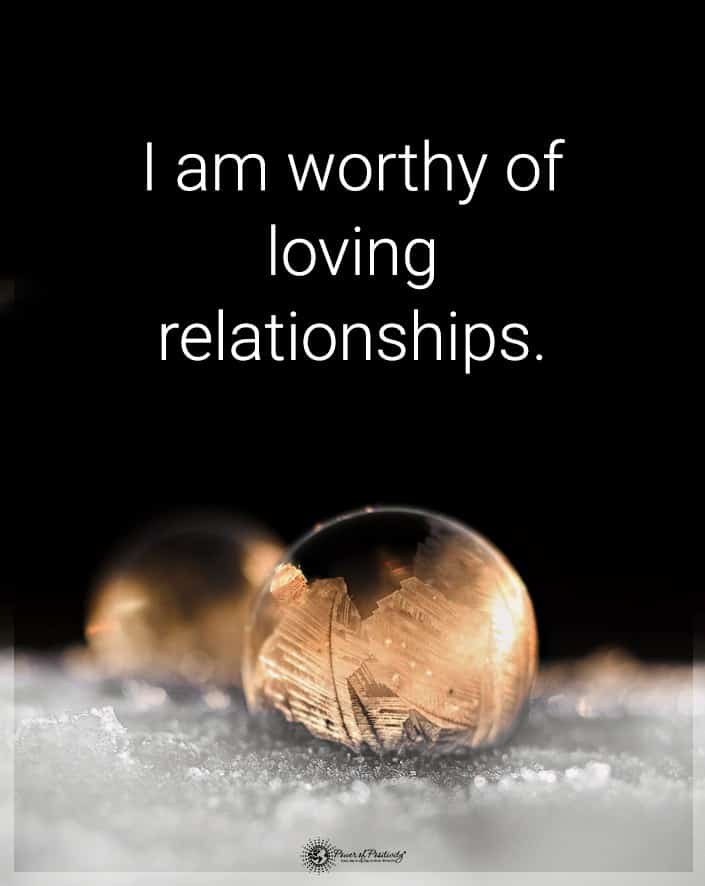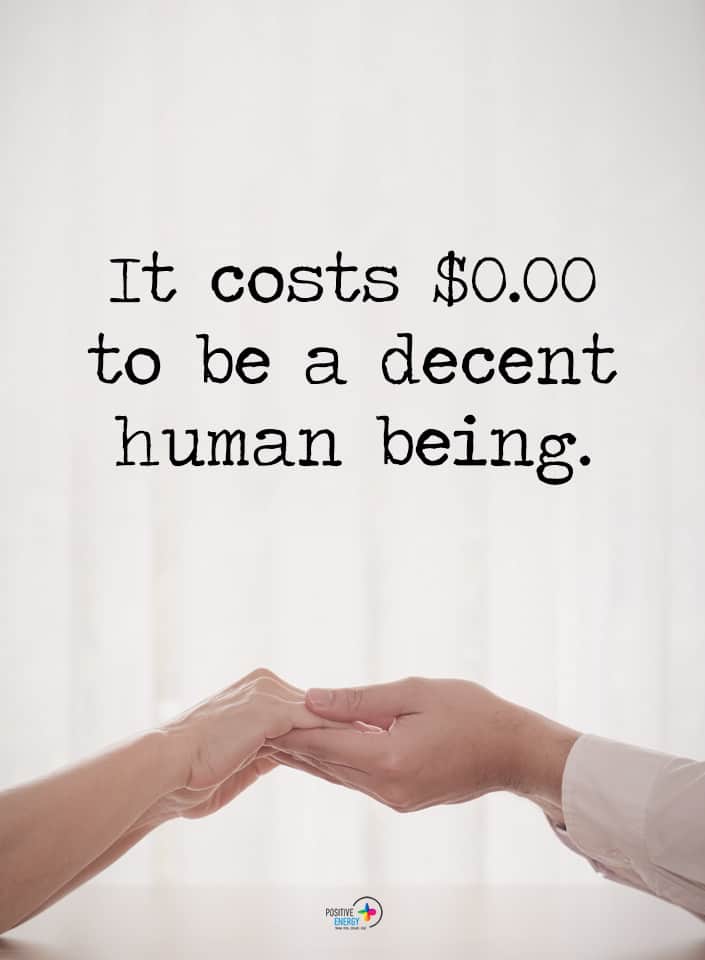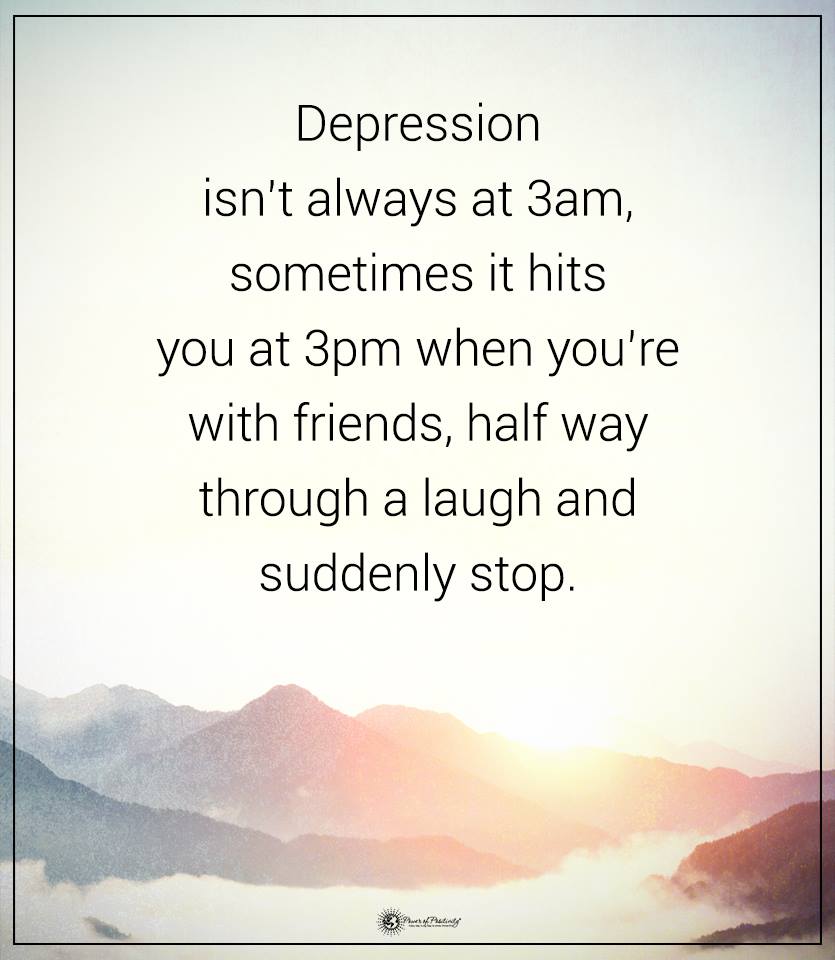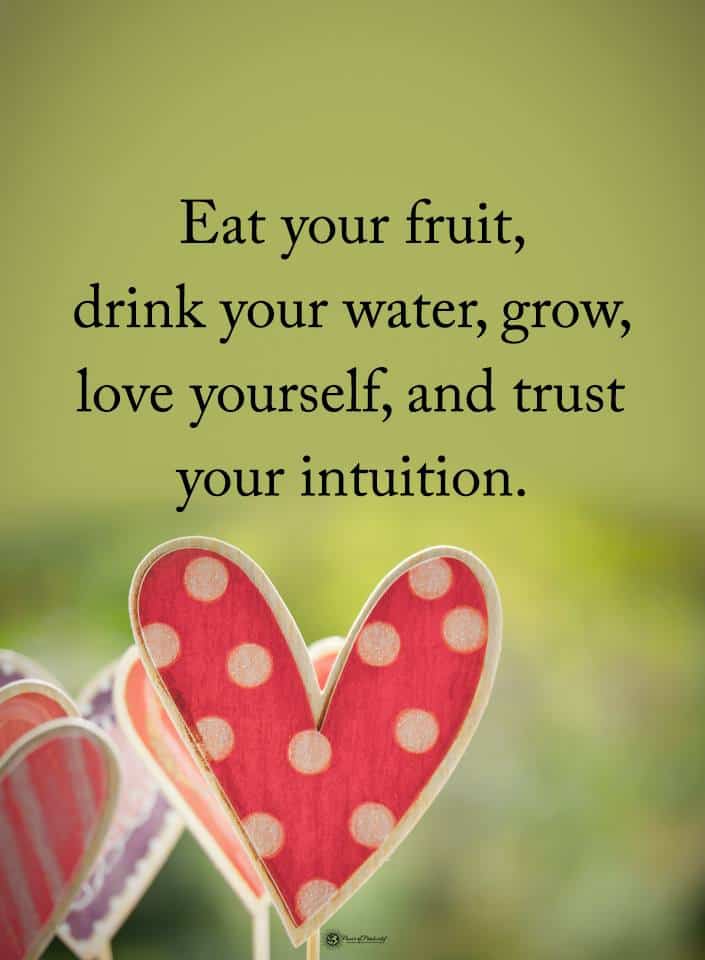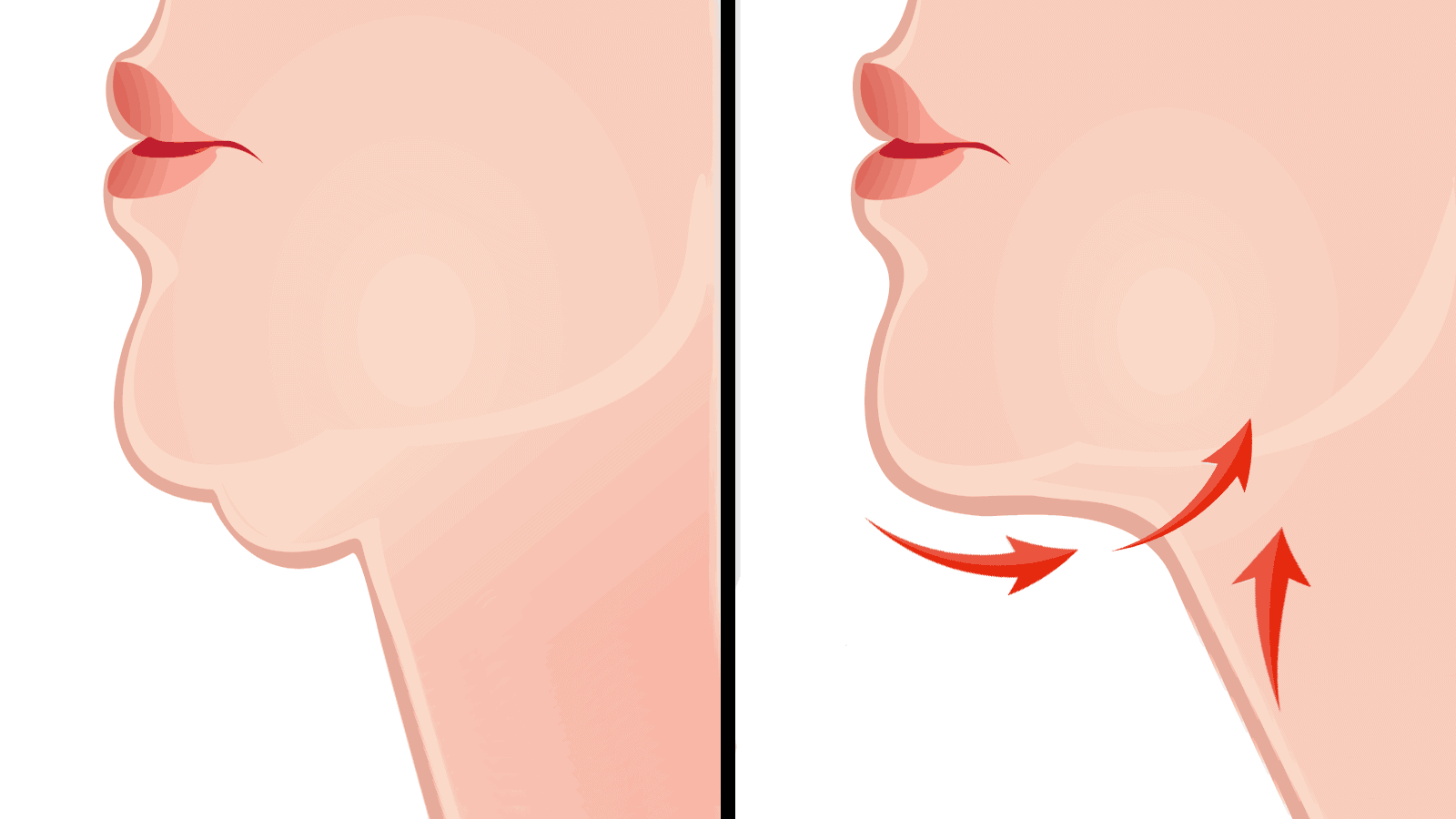“Body organs aren’t all internal like the brain or the heart. There’s one we wear on the outside. Skin in our largest organ – adults carry some 8 pounds (3.6 kilograms) and 22 square feet (2 square meters) of it.” – National Geographic Science
Our skin is a very important organ that serves a variety of functions. The most important role of the skin is as a barrier to elements that would otherwise harm our bodies. However, being the most visible organ, our skin can also provide insight into the conditions of our inner body.
As a reference, our skin has three layers: the epidermis, dermis and subcutaneous (hypodermis). Physiologically, the epidermis is the outermost layer of the skin and provides a waterproof barrier. The dermis consists of connective tissue, hair follicles and sweat glands. The hypodermis is made of fat and connective tissue. We get our skin color from cells called melanocytes, producer of the pigment melanin. This process takes place in the epidermis.
This article focuses on common, acute skin conditions that generally have underlying causes. We’ll discuss the condition, causes and potential remedies.
Here are 5 things that your skin reveals about your health:
1. Acne
Description: A prevalent skin disorder with a number of different signs. Generally, acne produces blackheads, pimples, whiteheads, and cysts.
Potential causes: Cases of acne can arise by consuming excessive inflammatory foods, a diet lacking in nutritional value, a gut imbalance or hormonal activity.
The prolific nature of acne is not limited to teenagers, although this demographic provides insight into why acne occurs. In teenage years, the production of testosterone and other hormones causes the skin to increase oil production. Youths are particularly susceptible due to the wide-ranging physiological changes that are taking place.
Adult acne, although less common, generally occurs due to an inadequate diet, specifically one that is lacking in nutrition. A well-balanced diet is important for balancing hormones, reducing gut inflammation and a healthy immune system. When any of the functions are irregular, the skin is prone t to periodic outbreaks.
Related article: These THREE Ingredients Can Eliminate Blackheads Forever
2. Dry skin
Description: Skin that is cracked, flakey and rough, producing undesirable effects such as itching and peeling.
Potential causes: Dry skin often occurs due to nutritional deficiencies, circulatory problems, or hormonal imbalances.
Dry skin isn’t always a byproduct of inadequate hydration, although that may also contribute to the condition. Furthermore, constant application of moisturizers and creams is not a preferred long-term solution.
Skin dryness that is persistent in nature can be the result of a hypothyroidism – insufficient production of thyroid hormones, problems with blood circulation, and exposure to certain environmental conditions. A diet lacking in nutrition is also a common cause of dry skin, making a well-balanced diet important to skin health.
3. Eczema
Description: A skin condition that encompasses rash that is scaly, itchy, and sometimes blistering. The rash is often found on the hands, feet, face, behind the ears, and in the flex points of knees and elbows.
Potential causes: Food allergens, skin irritants (soaps, shampoos, disinfectants), microbes, hormonal imbalances, environmental conditions
Eczema is an extremely uncomfortable and irritating skin condition that affects nearly 30 million Americans. The number of potential causes often makes a trip to the family physician a necessity, especially if the underlying cause is food allergens or environment-related. Eczema can result in asthma-like symptoms, including airway restriction and wheezing.
Food intolerance is a common underlying cause, as improperly undigested food can cause a condition called “leaky gut,” which unnaturally enhances the permeability of the small intestine. The condition can cause toxins to be released into the bloodstream and affect our immune system.
4. Psoriasis
Description: A common skin disorder that forms thick, red, bumpy patches covered by silvery scales. Psoriasis can appear anywhere, but is most often found on the elbows, knees, scalp and lower back.
Potential causes: Metabolic syndrome, overactive immune system, irritation of the gut
Psoriasis is a particularly difficult condition to live with, as its effects on the skin can be quite visible. Combining this with the fact that those suffering from the condition are often given a variety of non-effective treatments, those with psoriasis are often frustrated and searching for answers.
Medical professionals aren’t exactly certain what causes this skin condition, although they believe that an irregular immune system can cause skin inflammation, including psoriasis. Outbreaks can be triggered by strep infections, emotional stress, cuts, scrapes or surgery.
Fortunately, newer and more advanced treatments are now available for patients. These treatments include steroid creams, moisturizers, prescribed vitamin D cream, and retinoid creams. Doctors also recommend seeking lifestyle changes, which includes stop smoking, reduce alcohol intake, and eat a nutrient-dense, low-glycemic diet.
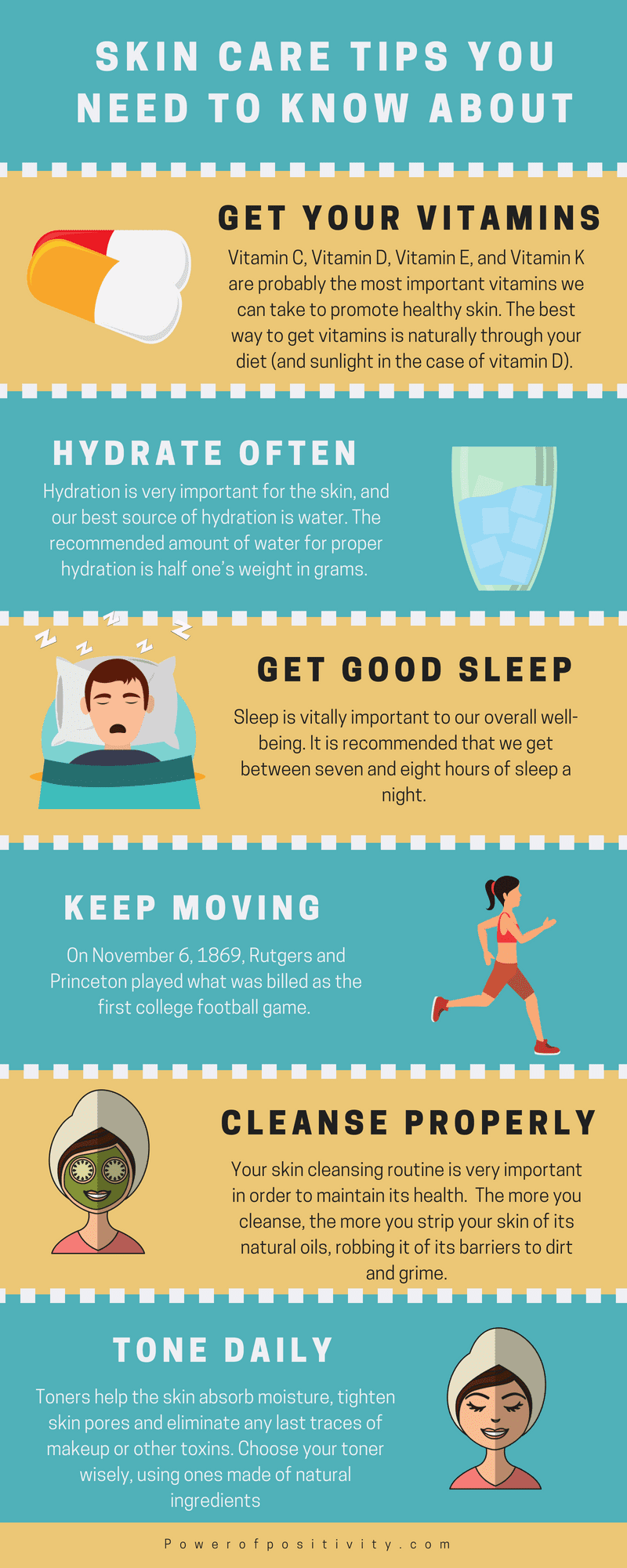
5. Skin tags
Description: Small, soft protrusions located on the neck or eyelids, or under the armpits, breasts or near the groin.
Potential causes: obesity, hormonal imbalance, blood-sugar conditions
Skin tags are another skin condition that can be caused by hormonal fluctuation. However, skin tags are more commonly caused by skin growth from high blood-sugar levels. Insulin resistance, something that potentially affects up to 75 percent of the population, is often the root cause of spikes in blood sugar.
Obesity can cause glucose to be converted into visceral fat, which significantly reduces the amount of glucose used for important bodily functions. This effect contributes to irregular fluctuations in blood-sugar levels and increases the likelihood of developing skin tags.

